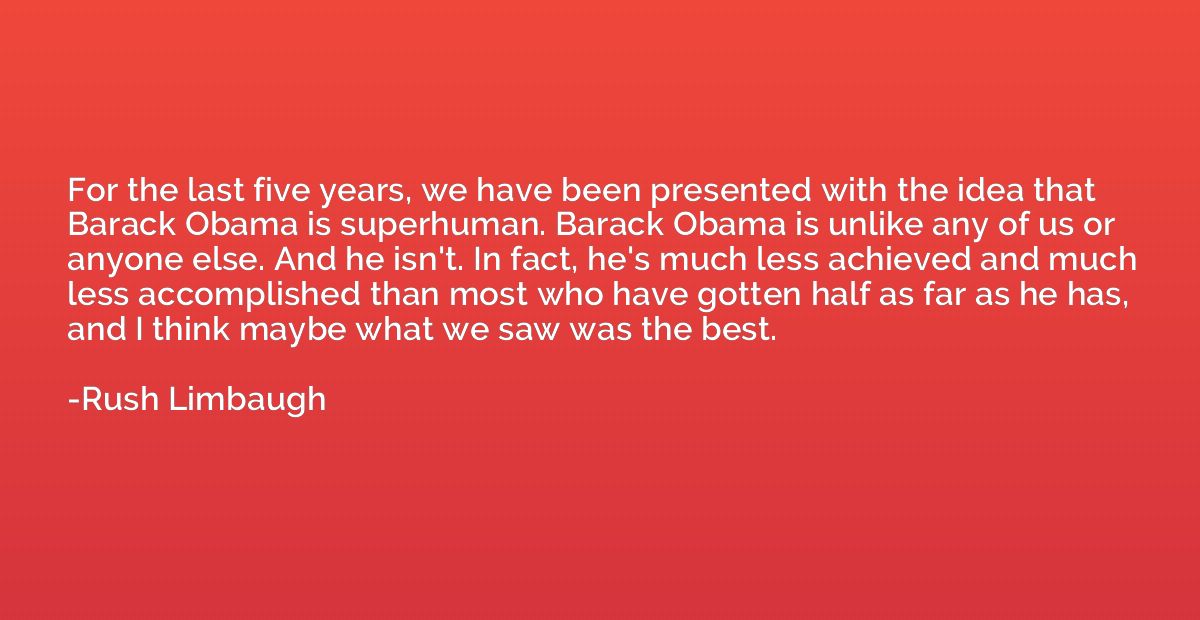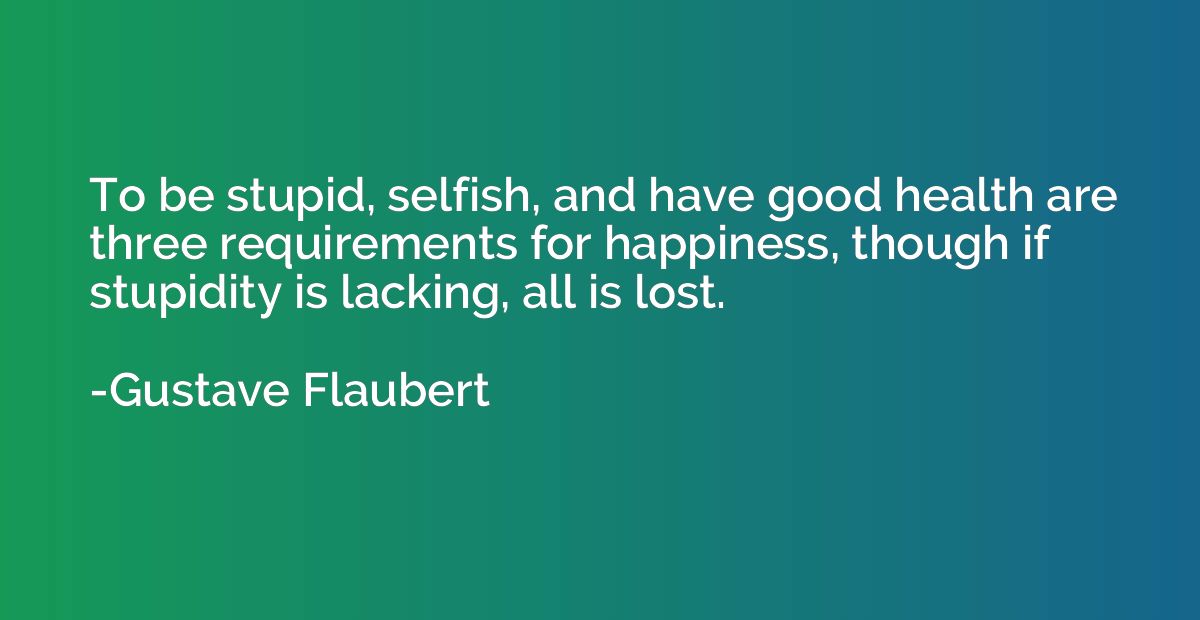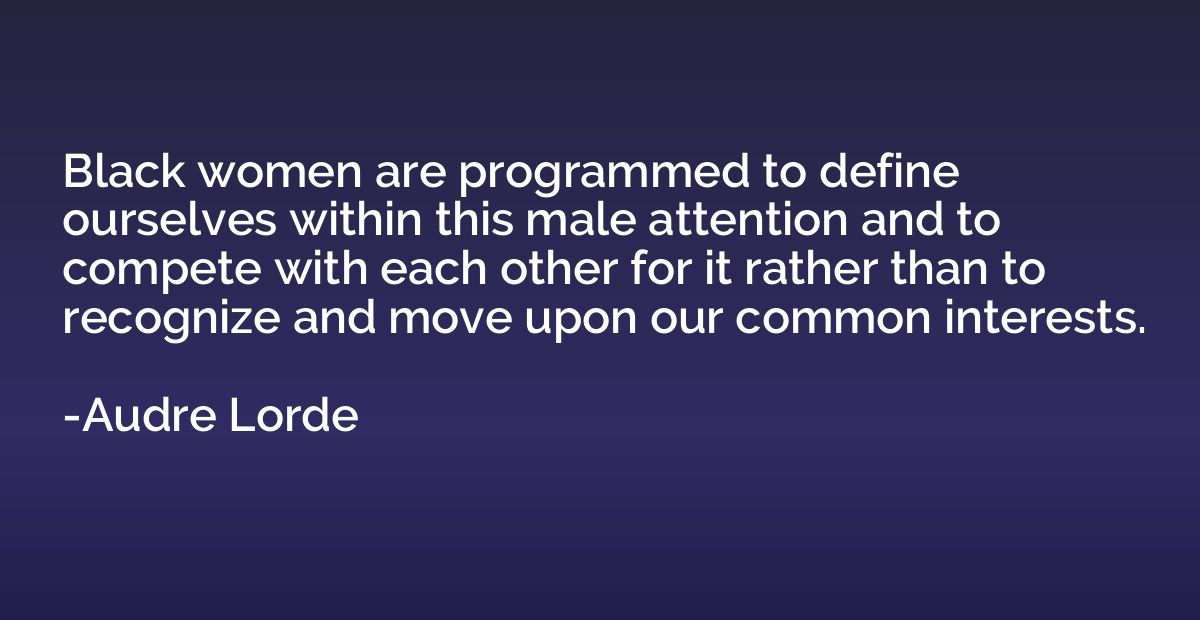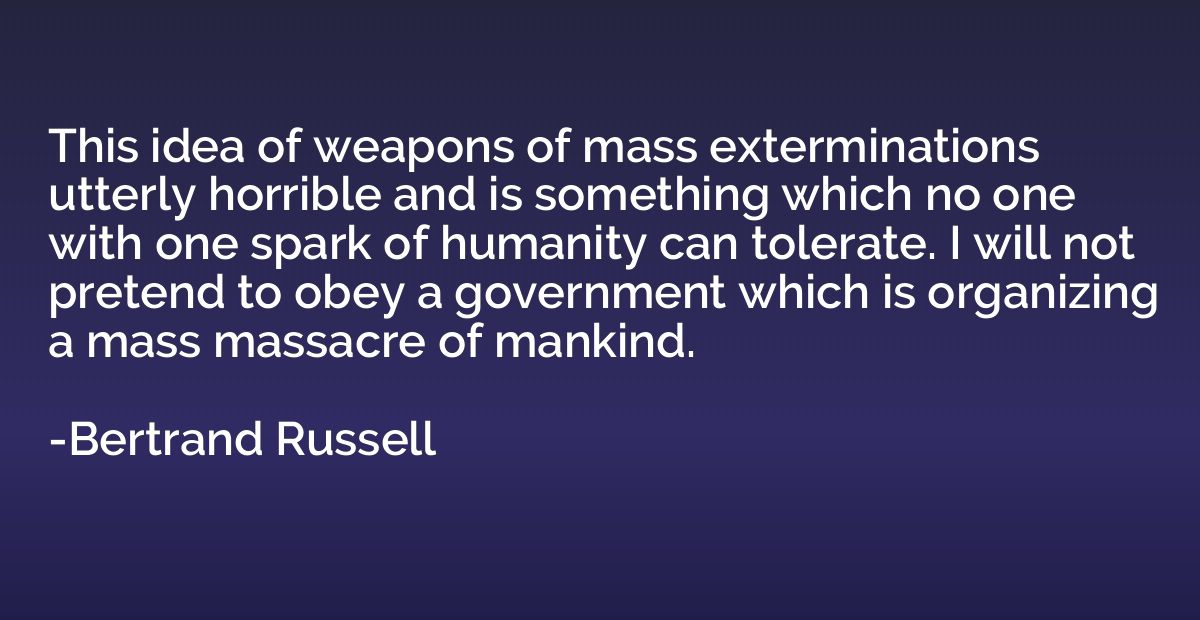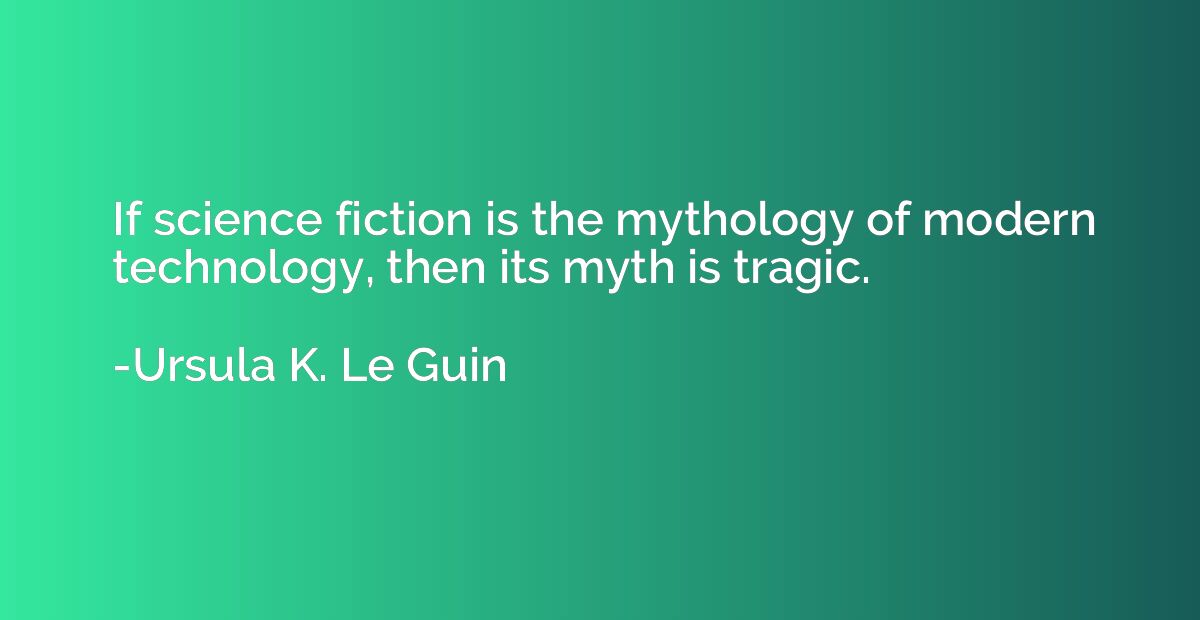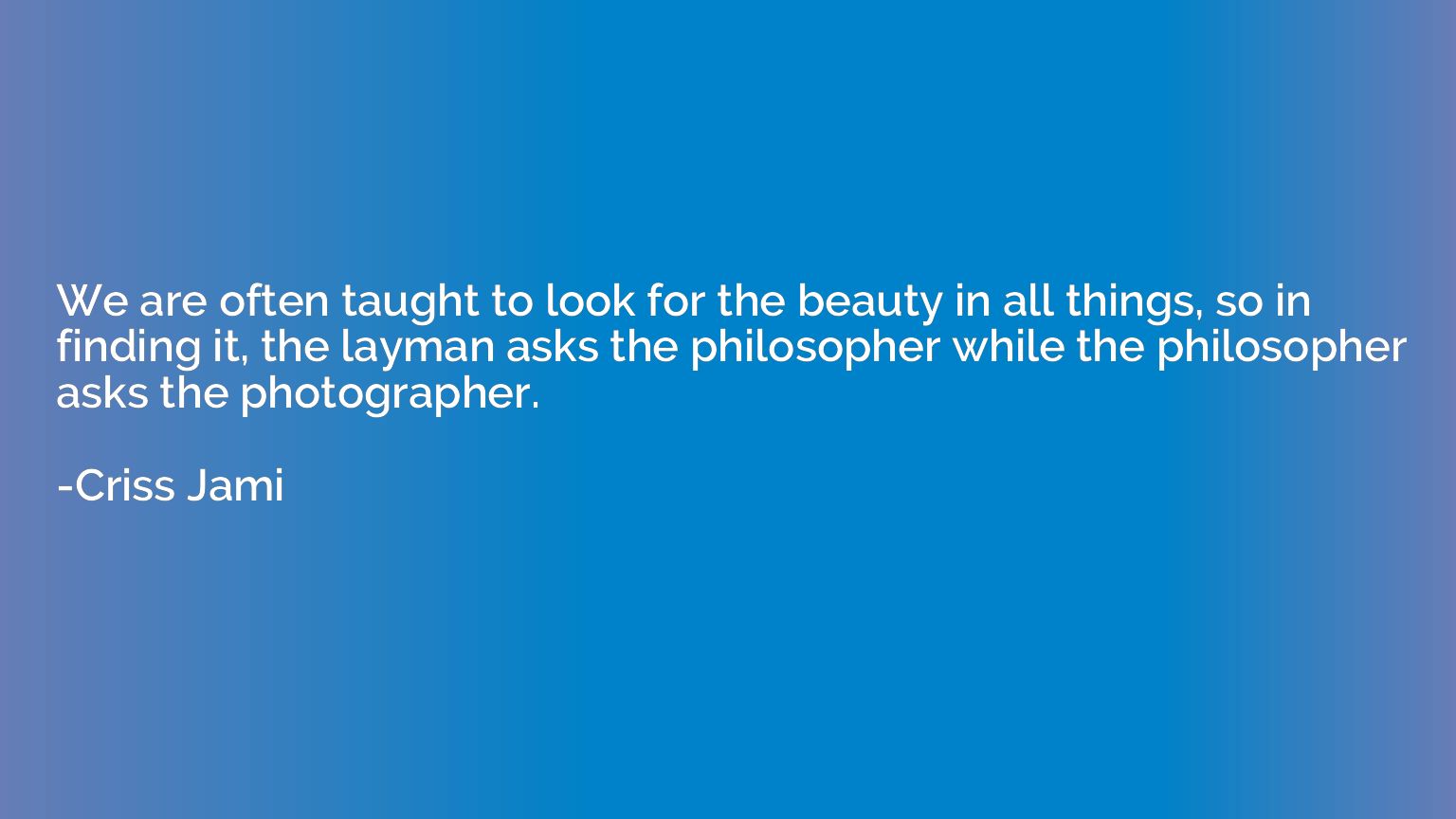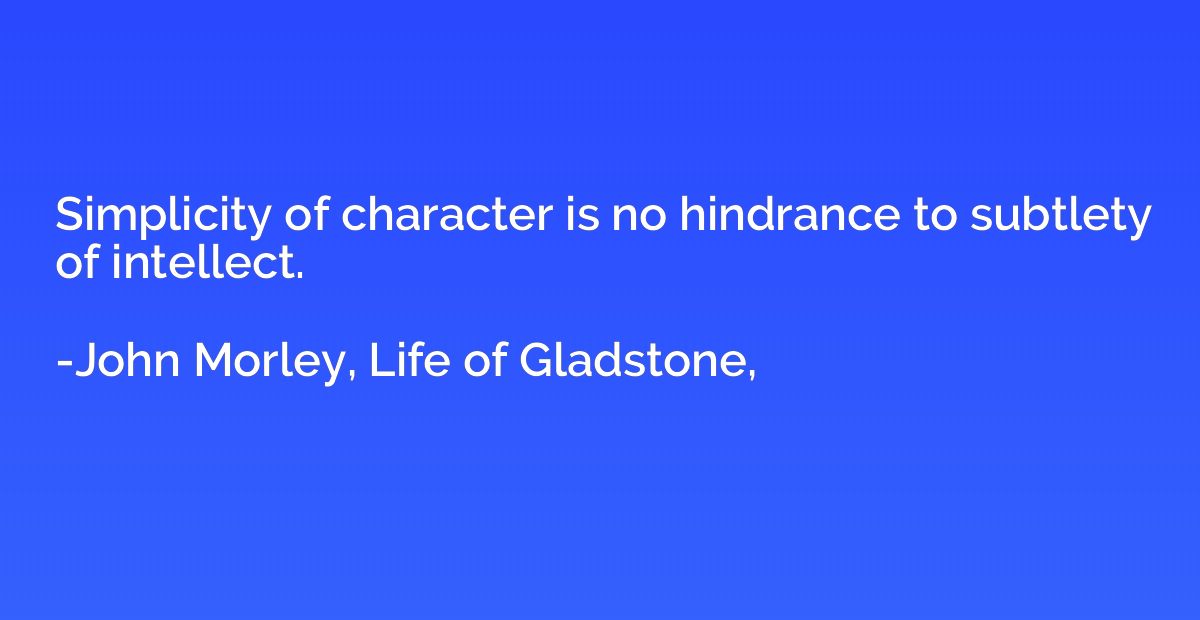Quote by John Donne
He must pull out his own eyes, and see no creature, before he can say, he sees no God; He must be no man, and quench his reasonable soul, before he can say to himself, there is no God.
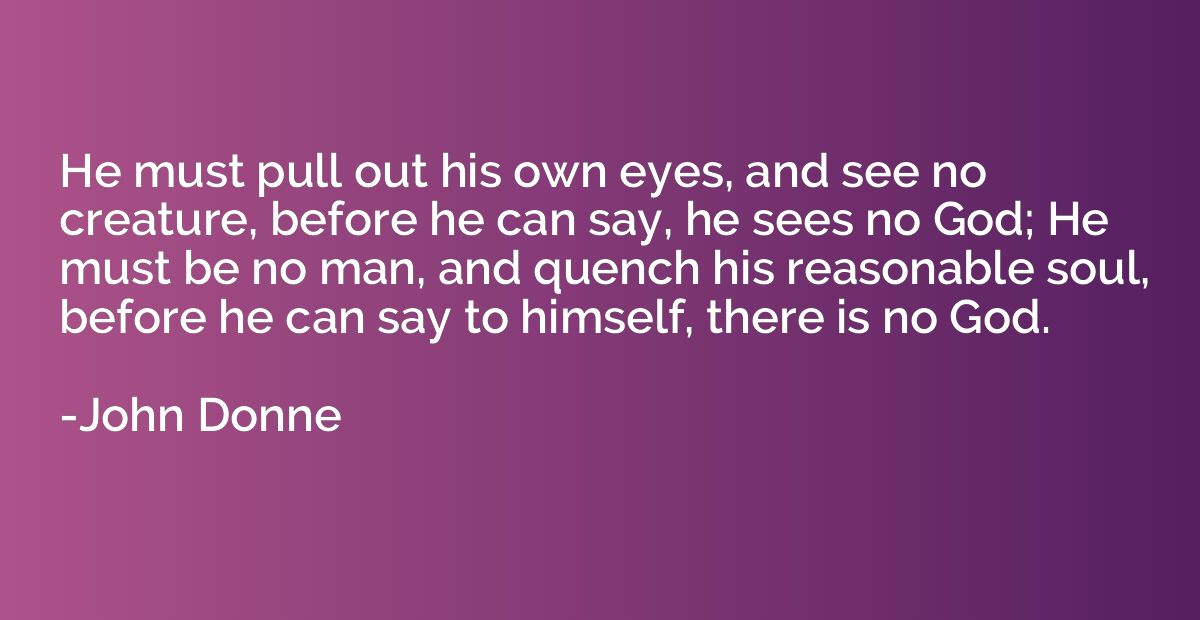
Summary
This quote suggests that one must discard their own perception and understanding of the world completely to proclaim that there is no God. The act of metaphorically "pulling out his own eyes" represents denying the existence of a divine being. It implies that only by rejecting one's own humanity and extinguishing their ability to reason can they truly deny the existence of God. In essence, the quote highlights the deep-rooted belief that the existence of a higher power is evident and intrinsic to the human experience.
Topics
Atheism
By John Donne




